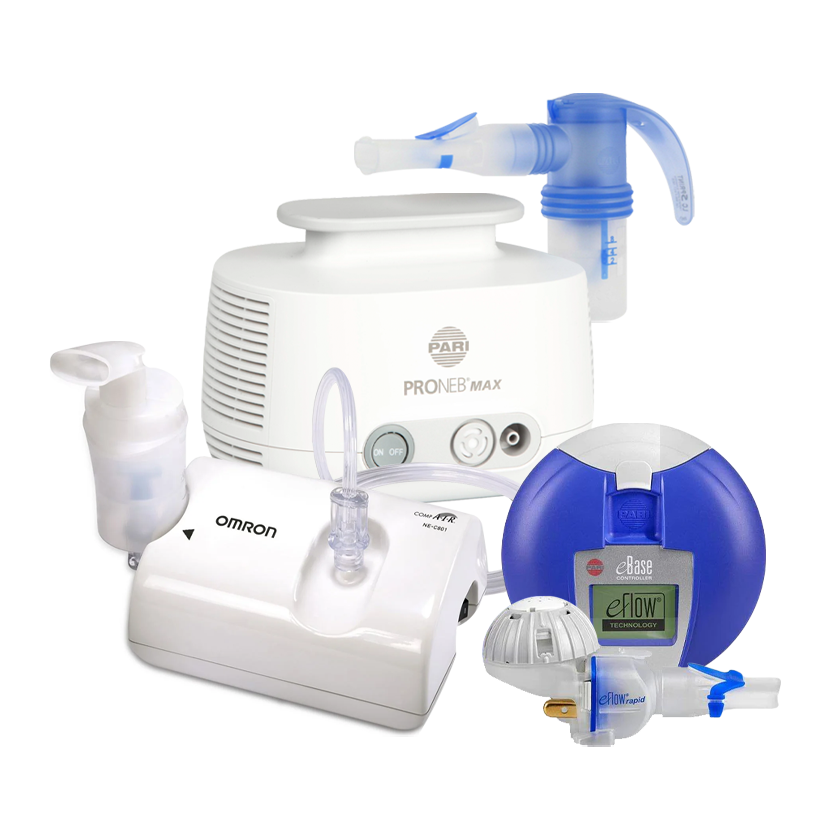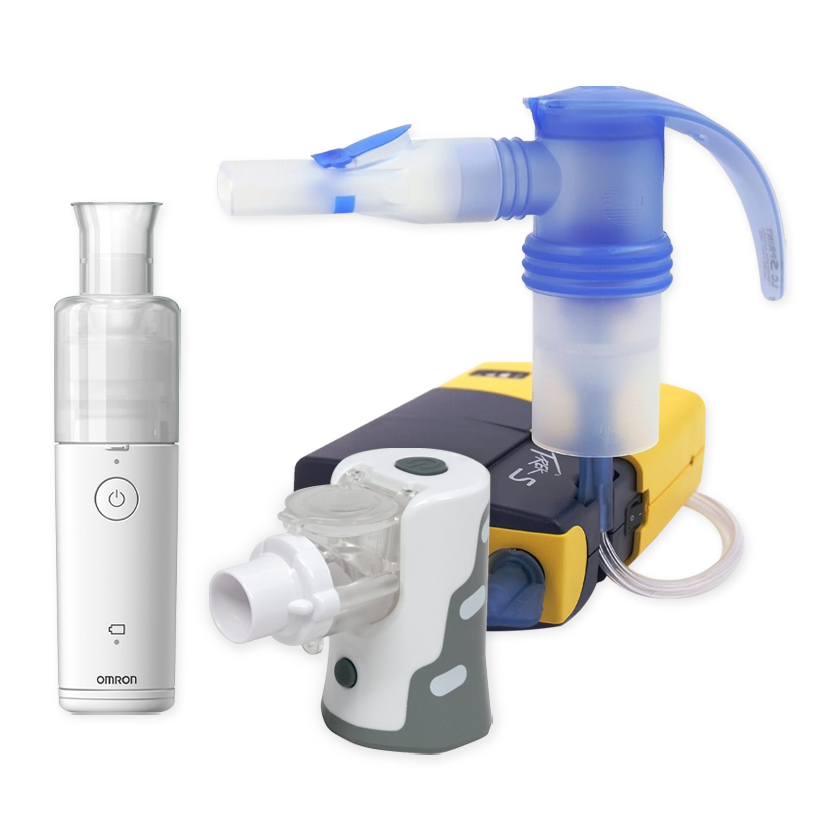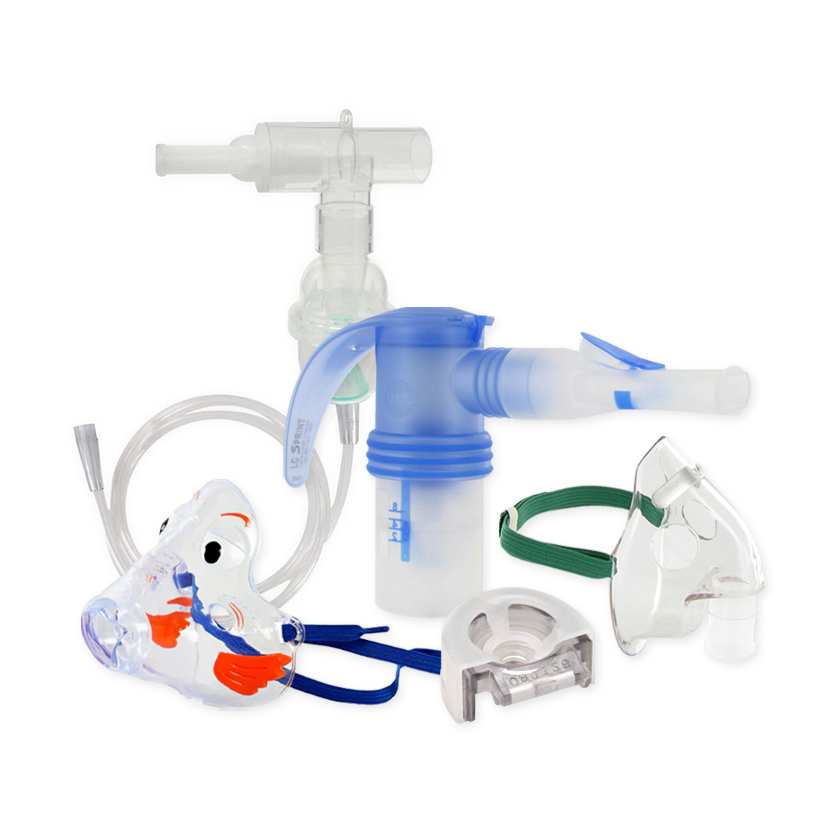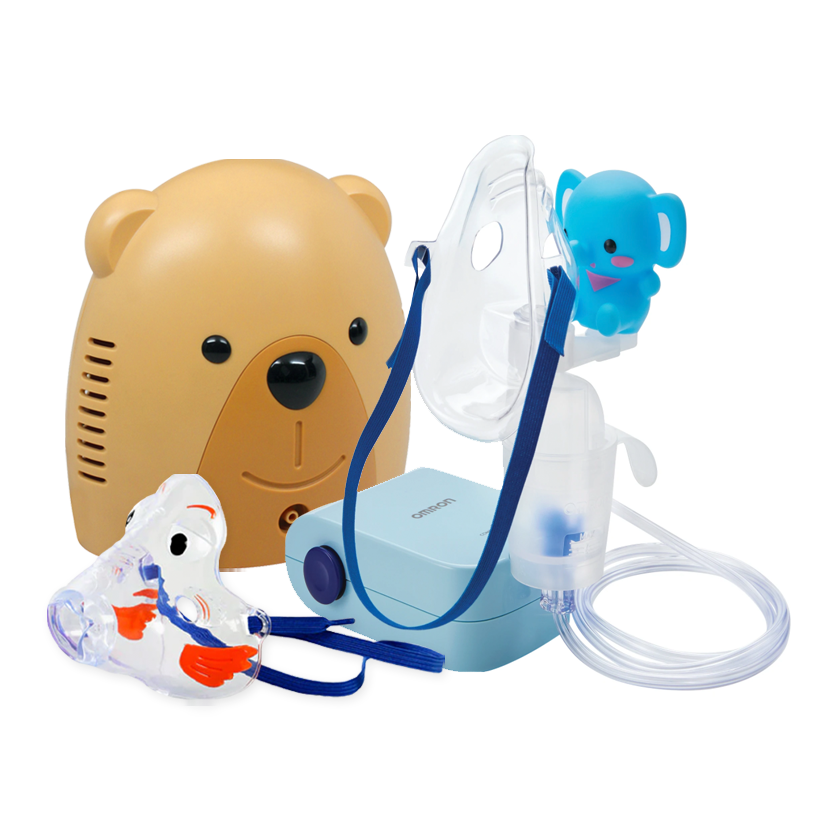Your Cart is Empty
Free Shipping on all orders over $75!
Menu

Free Shipping on all orders over $75!
Nebulizer Systems
Travel Nebulizers
Nebulizer Accessories
Just For Kids
Oxygen Supplies
Using Oximeters for Measuring Asthma Control
August 17, 2011 2 min read
For those living with asthma, it’s important to know how well you’re controlling your symptoms. One device used to measure this level of control is an oximeter. Oximeters clip onto your fingertip to inform you of your current blood oxygen level through the use of light. While often used in hospitals by doctors and nurses to monitor your vital signs, you can use oximeters to see how well one of your body’s most important organs is functioning – your lungs.
Benefits of Using a Pulse Oximeter:
- Enables you to see your blood oxygen level and compare that level to what is normal (95% to 98% is normal for people living at or around sea level)
- Measures oxygen is in your blood, thus telling you when an asthma symptoms may be worsening – even before you feel them
- Lets you know how effective your nebulizer treatments are at keeping your airways open
- Great if you use supplemental oxygen to see how well your body is using the added oxygen
- Displays your current heart rate – another sign of an oncoming asthma attack
- Great for athletes to optimize their training
- Lets you and your doctor communicate better with concrete data to discuss
There are plenty of benefits associated with pulse oximeters, some of them potentially lifesaving. If you know your blood oxygen level, then you know exactly how well your respiratory system is moving oxygen through your blood vessels. Knowing this information lets you and your doctor determine the effectiveness of your current Asthma Control Plan.
Early Warning Signs of an Asthma Related Attack:
- Coughing often, particularly at night
- Shortness or loss of breath
- Feeling of tiredness or weakness while exercising
- Wheezing
- Mood changes – tiredness, grouchiness, anxiety
- Peak flow meter readings are less than normal
- Developing of typical cold symptoms (sneezing, runny nose, cough, nasal congestion)
- Oximeter reading displays a smaller blood oxygen level
If you have an asthma attack, it is vital that you follow the asthma action plan you and your doctor have come up with. Don’t be afraid to call 911 either, as many attacks can be life-threatening, especially if you’re in your action plan’s “red zone.”
Subscribe
Sign up to get the latest on sales, new releases and more …
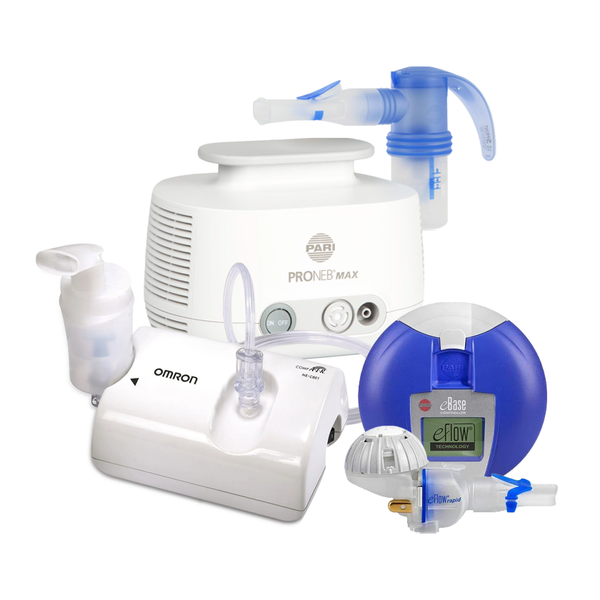
NEW CUSTOMERS SAVE $5 OFF YOUR FIRST PURCHASE OF $20 OR MORE
Code will be sent to email entered if applicable
SIGN UP FOR FUTURE SALES, NEW PRODUCTS AND ANNOUNCEMENTS
{"themeColor":"#061f77","iconColor":"#061f77","showLogo":true,"topBottomPosition":0,"rightLeftPosition":5,"iconSize":"large","iconCustomSize":64,"position":"middle-right"}
